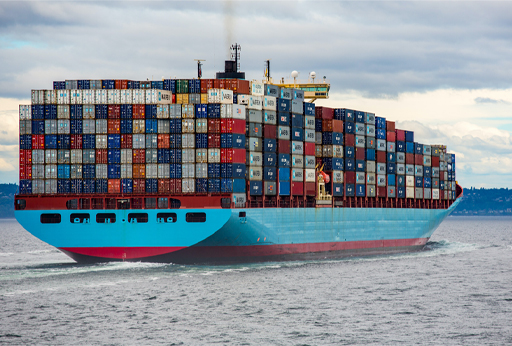1 Global interconnectedness
Issues such as environmental degradation, poverty, food insecurity, or the Covid-19 pandemic are transboundary in nature. They impact populations across the globe whether in the Global South or Global North, although in different ways and to varying degrees. This is not to say that national and international boundaries are unimportant. Such boundaries matter insofar as governments and institutions respond to the issues that impact upon their populations, and seek to control, modify, or ameliorate their negative impacts in some way. However, the complexity of global issues, and the interconnection between places means that such interventions do not always have the desired and intended effects and may also impact adversely on populations and ecologies elsewhere in the world.

As an illustration, think about the global economy in the twenty-first century. It operates to connect the economic systems of countries across the world but accelerates processes such as migration and climate change. The flow of goods, labour and capital between countries has meant that industries benefit from cheap labour and supplies of raw materials. In turn, this can lead to increased revenue and employment in some countries, but losses in others. The availability of work, better pay and working conditions, contributes to migration from poorer to richer industrialised countries. The country from which people migrate loses precious human capital, but conversely, its resident population and economy may benefit from the financial contributions made by migrant communities, and the relationships cultivated between countries. Transport of goods by sea and air enables exchange of goods between countries. However, it involves the heavy consumption of fossil fuel and contributes to pollution and climate change, processes whose impacts are felt around the world. The more you probe into the situation, the more apparent the interconnection between countries becomes, and the less straightforward the balance between gains and losses.
